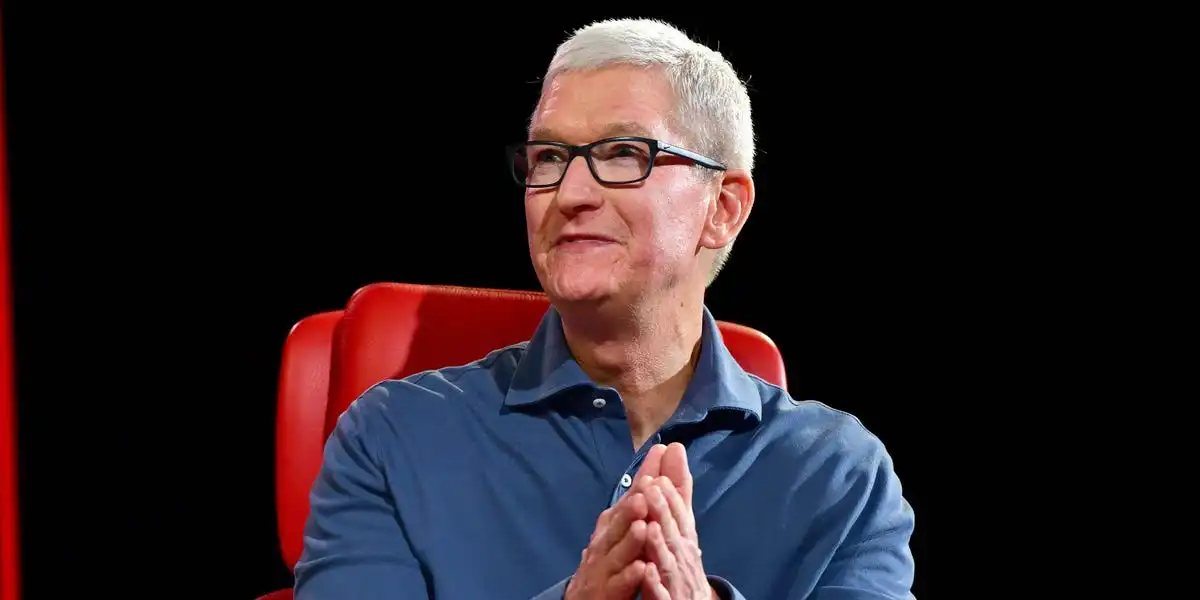Apple has been quiet about ChatGPT. Now Tim Cook says its hefty $22.6 billion research spend is down to generative AI.
Apple has been quiet about ChatGPT. Now Tim Cook says its hefty $22.6 billion research spend is down to generative AI.

Apple has been quiet about ChatGPT. Now Tim Cook says its hefty $22.6 billion research spend is down to generative AI.

Apple has been quiet about ChatGPT. Now Tim Cook says its hefty $22.6 billion research spend is down to generative AI.::The company's research and development spending hit $22.61 billion for the year so far, a figure $3.12 billion higher than this time last year.